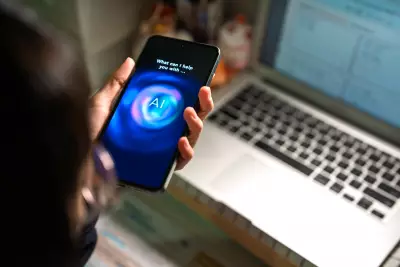Facebook Enhances Video and Audio Call Security in Messenger with E2EE
- By Dawna M. Roberts
- Published: Aug 27, 2021
- Last Updated: Mar 18, 2022
With hacker intrusions on the rise, Facebook has doubled down on security and added end-to-end encryption to its Messenger app for video and audio calls.
What is Happening?
Facebook is tightening up its security protocols for its Messenger program by adding end-to-end encryption for both voice and video calls. They are also adding an opt-in setting to turn on the same protection for Instagram DMs.
Facebook representative Rush Kricheli said,
“The content of your messages and calls in an end-to-end encrypted conversation is protected from the moment it leaves your device to the moment it reaches the receiver’s device. This means that nobody else, including Facebook, can see or listen to what’s sent or said. Keep in mind; you can report an end-to-end encrypted message to us if something’s wrong.”
Facebook has received a lot of bad press over privacy issues in the past and has committed to E2EE as the industry standard to improve security and its image in the process.
In 2016, Facebook integrated end-to-end encryption for text chats as an option called “secret conversation.” The WhatsApp communications platform already employed E2EE when Facebook purchased it.

Along with the change to Messenger, the company is also testing E2EE for Instagram users in private one-on-one conversations and DMs.
These changes are due to Facebook’s decision to move to a privacy-focused platform which CEO Mark Zuckerberg alluded to in March 2019. He was quoted as saying the
“future of communication will increasingly shift to private, encrypted services where people can be confident that what they say to each other stays secure, and their messages and content won’t stick around forever.”
What’s the Danger?
Experts worry that the Messenger platform will become the new choice for illicit activity. Previously, WhatsApp was the go-to platform for criminals trying to stay off law enforcement’s radar. However, major changes to the WhatsApp privacy policy pushed a lot of users to find other more secure platforms.
Private platforms are known to be tools used by cybercriminals to conduct business. As
Balancing Privacy with Abuse
It’s a tricky balance between supporting privacy while also preventing abuse. Facebook made its announcement soon after Apple was skewered for the news that they would be scanning all content for child abuse evidence. Since that announcement, Apple has experienced a lot of backlash from the public, customers, employees, and others who worry that the service could be abused and produce a lot of false positives with severe consequences. Nevertheless, apple staunchly supports its decision claiming that it will be using “multiple levels of audibility” and “If and only if you meet a threshold of something on the order of 30 known child pornographic images matching, only then does Apple know anything about your account and know anything about those images, and at that point, only knows about those images, not about any of your other images.”
The Hacker News says, “even a thoroughly documented, carefully thought-out, and narrowly-scoped backdoor is still a backdoor.”
What is E2EE?
End-to-end encryption is a secure communication method where the entire message (be it voice or text) is encrypted (unreadable) as it leaves one device and travels to another. That means the message or content cannot be intercepted and read or overheard. Even the ISP that allows the message to be sent and received cannot access it. The service uses public-key encryption, meaning that the device creates a key that only the other device on the opposite end can unlock.
Although many providers have adopted E2EE to protect user privacy, there is a concern about them not being able to access data to determine when their platform is being used for illicit activities.
















